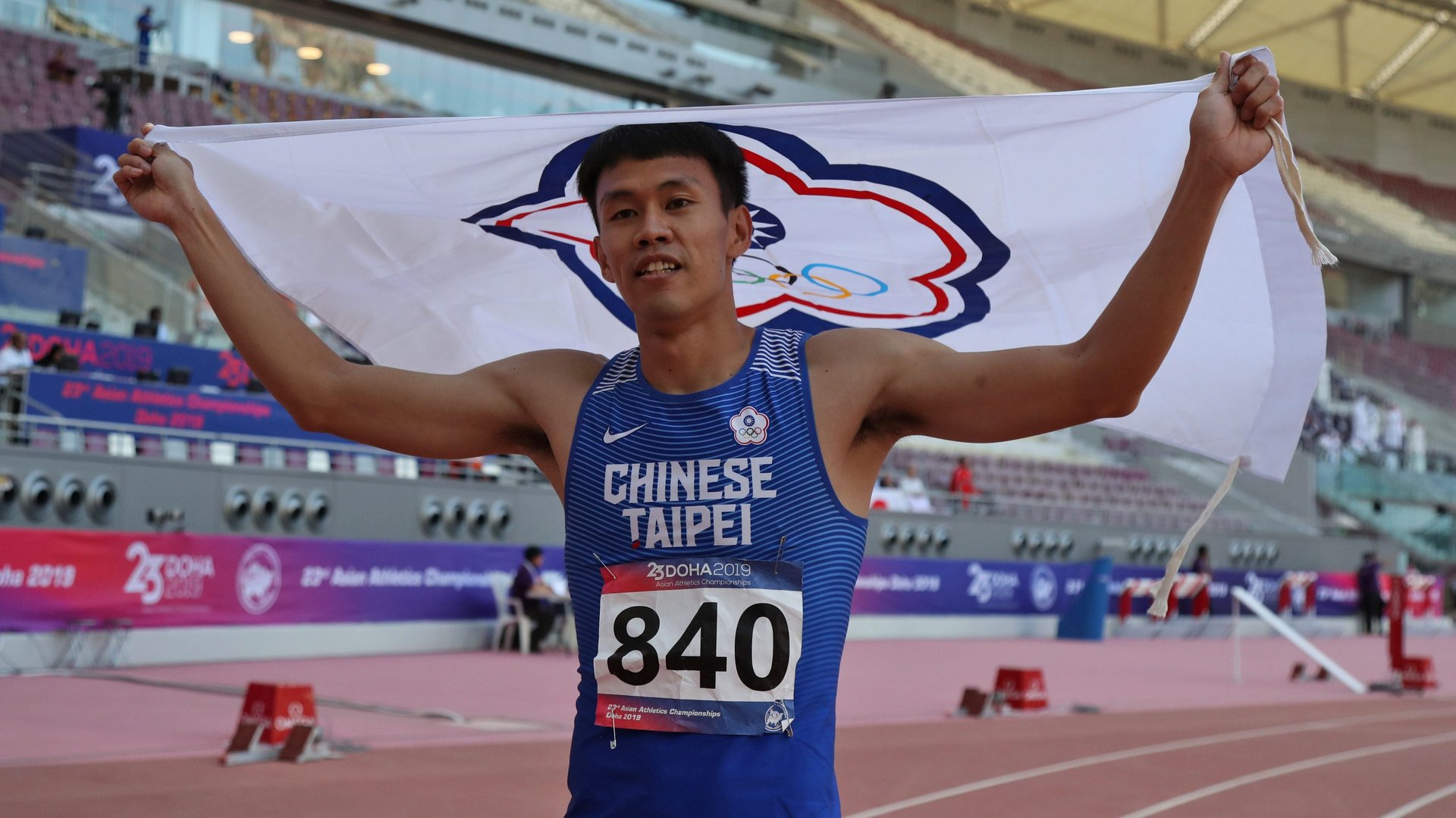“Renegade province” and “reunification”: How not to write about Taiwan’s elections
Last year, one brand after another was censured and forced to apologize after they inadvertently caused offence to Chinese feelings by apparently challenging China’s sovereignty.


Last year, one brand after another was censured and forced to apologize after they inadvertently caused offence to Chinese feelings by apparently challenging China’s sovereignty.
Most of those incidents stayed under the radar until the NBA got involved in a spat because the Houston Rockets manager tweeted support for the Hong Kong protests. The resulting row took the issue of China’s attempts to censor people outside of its own borders into the national conversation in the US.
Taiwan, of course, has long been used to such attempts to erase its history and identity, with many foreign companies, governments and journalists going along with China’s version of their relations. As international attention turns to Taiwan over the course of its presidential election on Saturday (Jan. 11), in which incumbent Tsai Ing-wen is favored to win a second term, fending off a challenge from a more pro-Beijing and populist candidate, many of these distortions and inaccuracies are in circulation again.
According to Mark Harrison, a senior lecturer in Chinese studies at the University of Tasmania, much of the vocabulary used in discussions about Taiwan “describe a world of US hegemony, the Cold War, a rising China, and US-China relations,” which comes at the expense of a more Taiwan-centric perspective. It ignores the legacy of events such as Japan’s 50-year occupation of Taiwan through the first half of the 20th century, he added.
Last year, Taiwan’s indigenous people called for better understanding of the island and its history. In a letter addressed to Chinese leader Xi Jinping after he threatened military force against Taiwan in a New Year’s speech, representatives of dozens of indigenous tribes said that Taiwan had never belonged to Communist-ruled China. They added that the indigenous people had, in the course of 6,000 years on the island, witnessed the comings and goings of the Chinese, the Dutch, the Spanish, and the Japanese.
A common trope is that Taiwan and China were “divided” in 1949 when the Chinese civil war ended with the defeated Kuomintang (Nationalist) forces fleeing the mainland to set up the Republic of China government in Taipei. This is seen as akin to the way that the Koreas were split and based on this version of events, Beijing desires Taiwan’s eventual “reunification” with the mainland. But, says Harrison, the People’s Republic of China has never had sovereignty over the island of Taiwan, which was a Japanese colony until 1945. Prior to that, there were just two centuries when the dynasty ruling in the mainland also governed in Taiwan. Nevertheless, China frames Taiwan’s existence as a doctrine of design, he adds, where a “division” must be resolved. Similarly, some dislike the common description that Taiwan is considered a “renegade province” by China as it insinuates Taiwan was or is a province of China.
Three years ago, there was a rare flurry of global interest in Taiwan and the phrase “One China,” when Donald Trump spoke on the phone with president Tsai shortly after he won the US presidential election. Trump declared then that he did not want to be “bound by a ‘one China’ policy” and suggested that he might use the issue as a bargaining chip in trade negotiations with Beijing. Though it’s a term that’s thrown about a lot in discussions related to Taiwan, the use of “One China” requires greater nuance, said Jessica Drun, a non-resident fellow at the Project 2049 Institute think tank in Washington, DC. One China signifies the diplomatic reality whereby almost all governments and international institutions recognize only the People’s Republic of China and not Taiwan, and Beijing’s One China Principle explicitly states that Taiwan is a part of the country. However, governments like the US and Australia have adopted “vague formulations that acknowledge the Chinese position—that is, taking note but not ‘recognizing’ or accepting it—which allows them the flexibility to pursue unofficial but robust relations with Taipei,” Drun added. She suggests that countries like the US could instead use the formulation “our One China policy” to indicate the difference between its position and that of Beijing.
A Taiwanese election is a timely reminder that even as the island spent much of the past 70 years locked in a bitter military and political struggle with China, and in increasing diplomatic isolation, it underwent a remarkable transformation from authoritarian rule to democracy. Just one month ago, Taiwan marked the 40th anniversary of the Formosa Incident, a crackdown on pro-democracy activists that was a watershed moment in its democratization that remains etched in the minds of many Taiwanese.
Using inaccurate language to talk about Taiwan is to unwittingly “erase Taiwan’s democracy and very different development” to other East Asian countries, said Lev Nachman, a doctoral candidate specializing in Taiwanese politics at the University of California, Irvine, and can amount to adopting a “tacit endorsement of a pro-China view.”